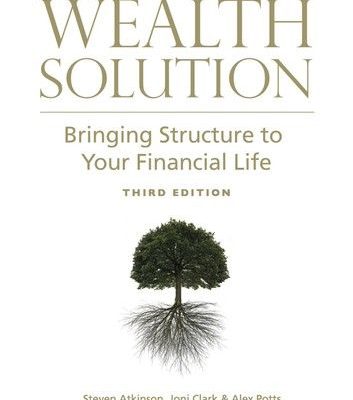Opinion: Are Vanguard ETFs really the best deal?

As the exchange-traded fund (ETF) market continues to flourish, investors consistently seek options that combine low cost with high performance, and Vanguard ETFs often emerge in such discussions. Known for its pioneering role in low-cost investing, Vanguard has built a formidable reputation as a provider of some of the most cost-effective investment products. However, the question remains: Are Vanguard ETFs really the best deal?
Vanguard’s attractiveness largely stems from its low expense ratios. The company has consistently undercut competitors on fees, which can significantly impact long-term investment growth due to less drag on returns. For example, Vanguard’s average ETF expense ratio is markedly below the industry average. The reason behind these low fees ties back to Vanguard’s client-owned structure, meaning fund shareholders own the funds that own Vanguard, reducing the need to generate profits for outside owners and allowing savings to be passed on to investors as lower costs.
Another factor contributing to Vanguard’s popularity is the firm’s commitment to passive investing. Vanguard’s ETFs are designed to track various indices, ensuring diversified exposure across numerous asset classes without attempting to outperform the market through active management—resulting in cost savings and typically lower turnover rates. For those subscribing to the efficient market hypothesis—that all available information is already reflected in stock prices—the idea of using a passive approach like Vanguard’s makes a great deal of sense.
However, while costs are critical, they’re not the only consideration when determining if an investment product is the “best” deal. Other factors include liquidity, trading flexibility, and tax efficiency. In these respects, Vanguard ETFs also score well: they are among the most heavily traded investment products offering ample liquidity and flexibility. Additionally, due to their structure, ETFs generally provide better tax efficiency than mutual funds—a boon for those looking to minimize tax liabilities.
Counterarguments suggest that there are scenarios where perhaps Vanguard isn’t the best choice. If an investor seeks active management believing they can outperform the index or wants sector-specific funds not offered by Vanguard, they might look elsewhere. Furthermore, some argue that other companies have caught up with Vanguard in terms of cost or offer features such as smart beta strategies that aren’t as prevalent in Vanguard’s product line.
In conclusion, while it’s challenging to declare unequivocally that Vanguard ETFs are “the best deal” due to diverse investor needs and goals, there is substantial evidence supporting their value proposition in terms of cost savings, efficiency, and performance consistency. When examining these factors collectively alongside their reputation for stability and customer focus, many investors identify them as a highly competitive choice on the ETF landscape—a sentiment echoed by industry analysts and financial advisors. Thus, while individual circumstances dictate suitability, it cannot be denied that for many investors seeking an effective blend of low cost and reliable market exposure, Vanguard’s offerings stand out as a compelling option within the range of available ETF investments.






